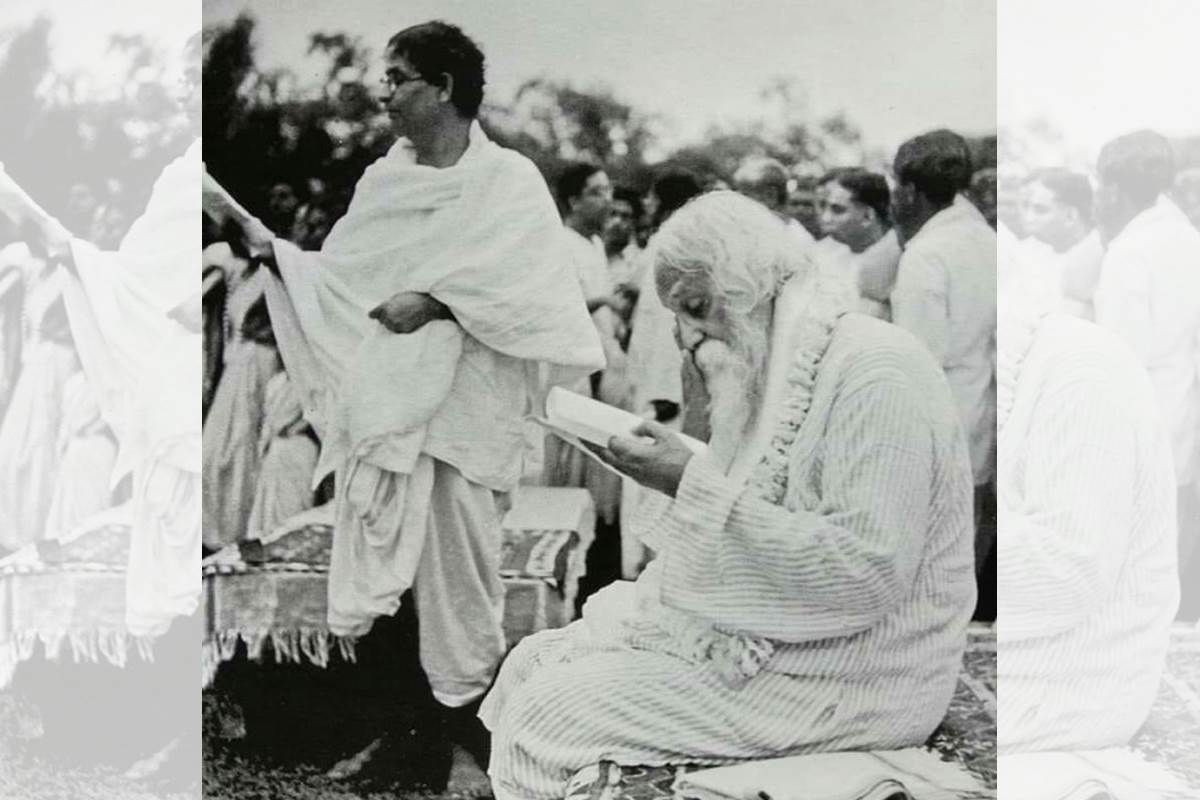When Shyam Benegal credited Satyajit Ray for revolutionizing Indian cinema
Shyam Benegal praised Satyajit Ray as the genius who redefined Indian cinema, leaving an unmatched legacy that transformed filmmaking.
Punascha publication Mrityu-Pratyashi Rabindranath, penned by Parthajit Gangopadhaya, delves into the darkest period of Tagore’s life

This man who was an embodiment of hope had once developed a death wish, and had written all about it to his son, Rathindranath.
Even in the worst of times, the works of Rabindranath Tagore are a beacon of hope. Amidst the winter of despair, his works call upon the weary souls who had to watch the things they gave their lives for being broken to hold on and “stoop and build ’em up with worn-out tools”. Yet this man who was an embodiment of the spring of hope had once developed a death wish. And this incomparable individual had written all about it to his son, Rathindranath.
There appears to be a credibility gap as the multifaceted man was at the height of his literary powers having recently received the Nobel prize, being praised and feted appears to have an effect on him which seems to have triggered a desire for a journey to the land of the shadows.
Advertisement
The proponents of a vicious vilification campaign having turned overnight into steadfast supporters of his literary works pained Tagore no end. He spoke his mind at his reception at Santiniketan which triggered the departure of some of the guests in a huff. It took Pramath Choudhury and Manilal Gangopadhaya, both noted litterateurs and related to the Tagores by marriage to persuade Rabindranath to feel: “It seems as though I am coming out of the mist once more, and I am trying to throw off my shoulders the burden that has been oppressing me all these days.”
Advertisement
Mrityu-Pratyashi Rabindranath, penned by Parthajit Gangopadhaya, a Punascha publication delves into the darkest period of the great man’s life and emerges with much more than as he had started the 136-page hardback with. The multifaceted genius was able to shrug off the dark thoughts and emerge to have “glimpses of the ineffable light of joy”.
The other write-ups which are major draws of this slim volume include accounts of Tagore being besieged by autograph hunters who included a Satyajit Ray as a lad and Dr Dwijendranath Moitra.
Advertisement